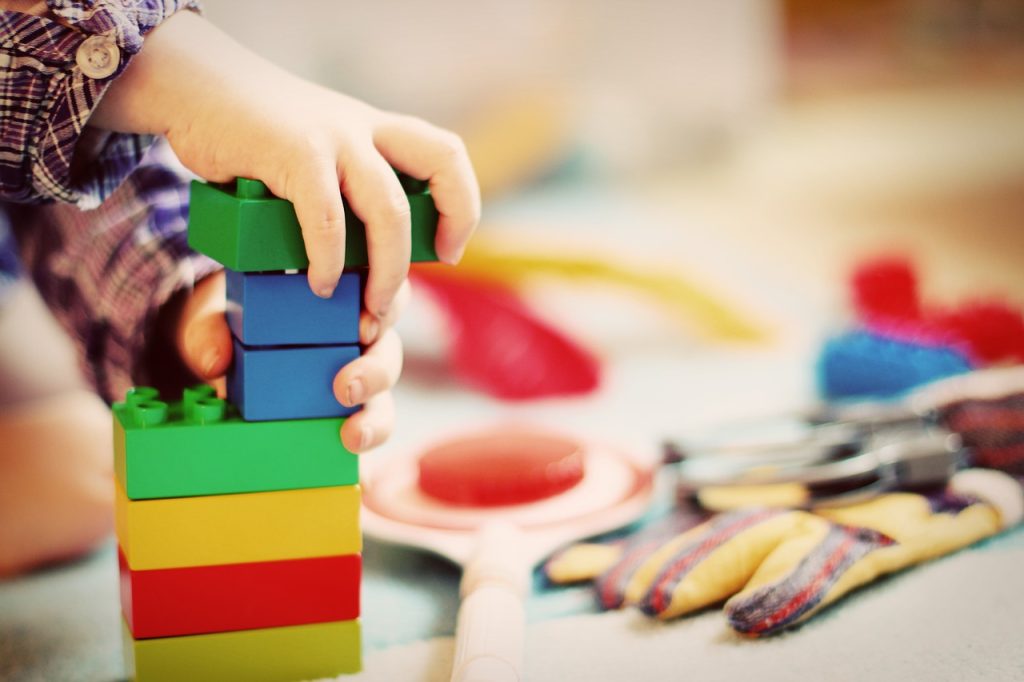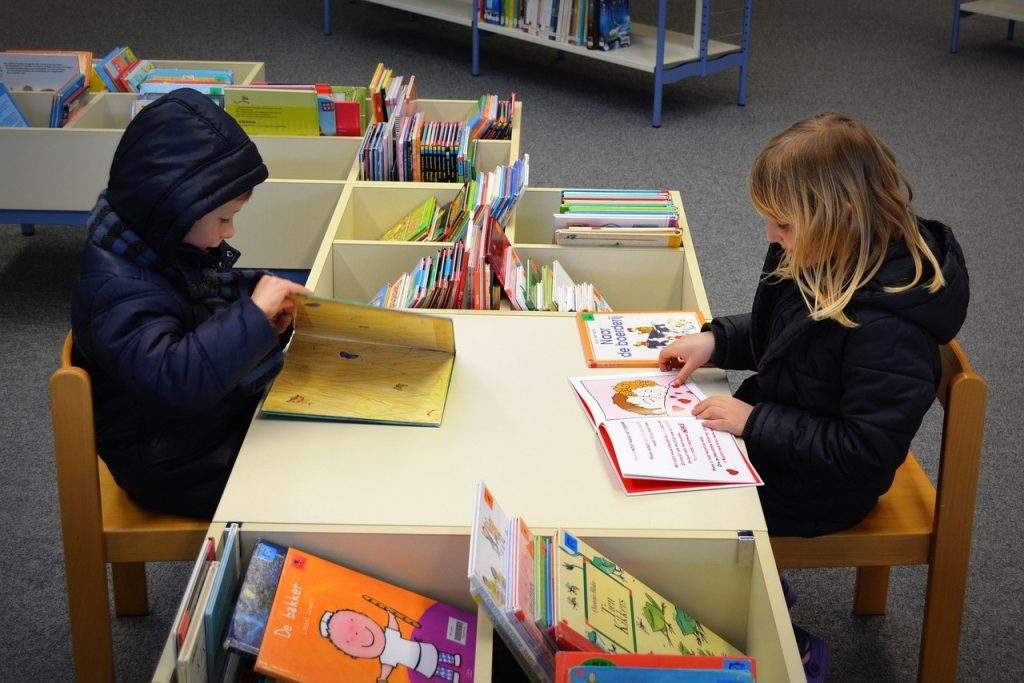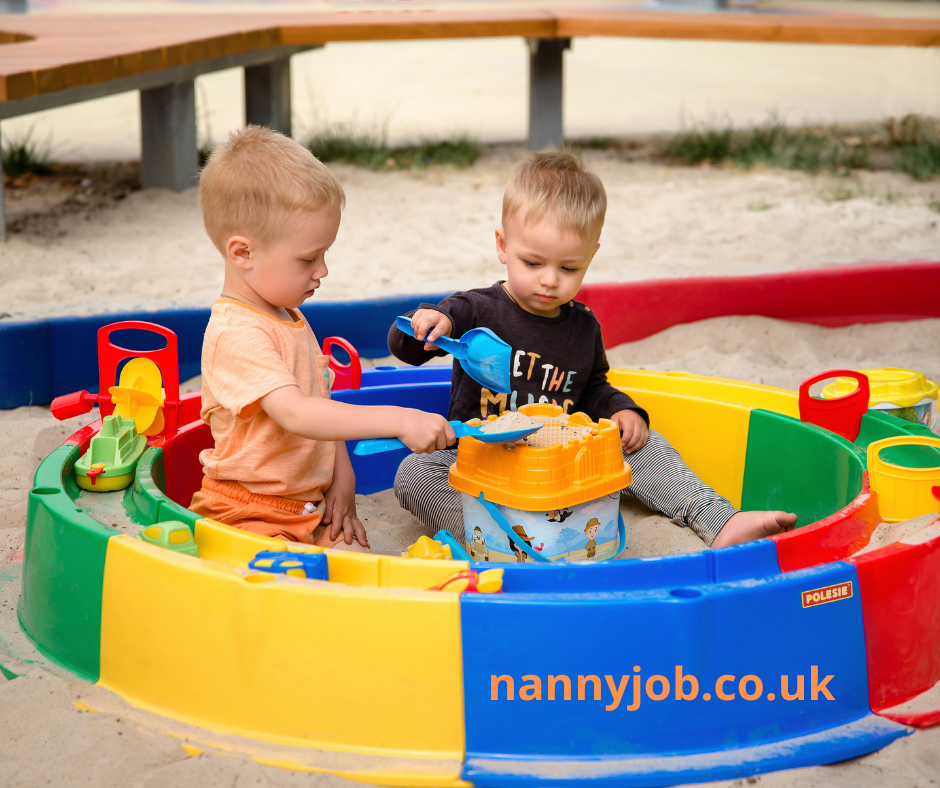Hiring a nanny means finding someone who you can entrust your children to all through the day. As you will be opening your home to the nanny, it is extremely important that you don’t make mistakes that mean you’ll end up regretting hiring her. If you wish to successfully hire a nanny, all you need to do is follow these simple steps.
Determine the Type of Nanny You Want To Hire
Generally, there are two types of nannies: live in and live out. Live-in nannies, as the name implies, are child-caregivers who stay with you in your house. If you are looking for someone who can take care of your children all through the day and sometimes through the night, or your work / life hours are often changeable and you need different hours each week you you might consider hiring a live-in nanny. On the other hand, if you are simply trying to balance your work and personal life, you might prefer a live-out nanny. Remember that a live-in Nanny will need her own space, ideally a bedroom with an en-suite and she will need to be able to use the house a bit like her own on her time off so if you don’t like the thought of someone being there in your family time this may not be for you. Like regular employees, live-out nannies have specific working hours during the day. Nannies of each type provide different benefits. In essence, what seems to be the advantage of one proves to be a disadvantage of the other, and vice versa.
Before the Interview Process
Write a detailed job description including the duties that you want the nanny to take up. Remember though that the more chores you give the nanny, the less time she’ll spend looking after your children. You could ask some of your friends, neighbours or family for essential pointers on what to look for in a nanny.
During the Interview
You can conduct two to three interviews before you hire a nanny. Do not let your children get involved during the first interview. During this phase, you are still figuring out whether or not you move to the second interview. Ask vital questions related to the resume and discuss with the applicant your expectations, as well as your children’s personalities. Make sure that the applicant can provide references from previous employers.
Calling previous clients to ask about her performance is vital before hiring the nanny. Do not hire a nanny without investigating her background and work experience. Ask about previous traffic accidents, driving under the influence, or any criminal offences. You may also want to check her work visa, passport, driving license, criminal record, etc. If you are using the services of a nanny agency, you need to make sure that they have already verified the candidate’s DBS.
If you decide you are interested in pursuing the applicant, you may now want to conduct subsequent interviews that include your whole family. Always maintain a comfortable level of communication so that you can easily spot potential problems before you hire a nanny.
Do not commit to hire a nanny until you’ve had the opportunity to investigate her records. If everything goes well, detail a written agreement with the nanny and make sure the contract includes the nanny’s duties, terms of employment, wages, taxes and insurance.











